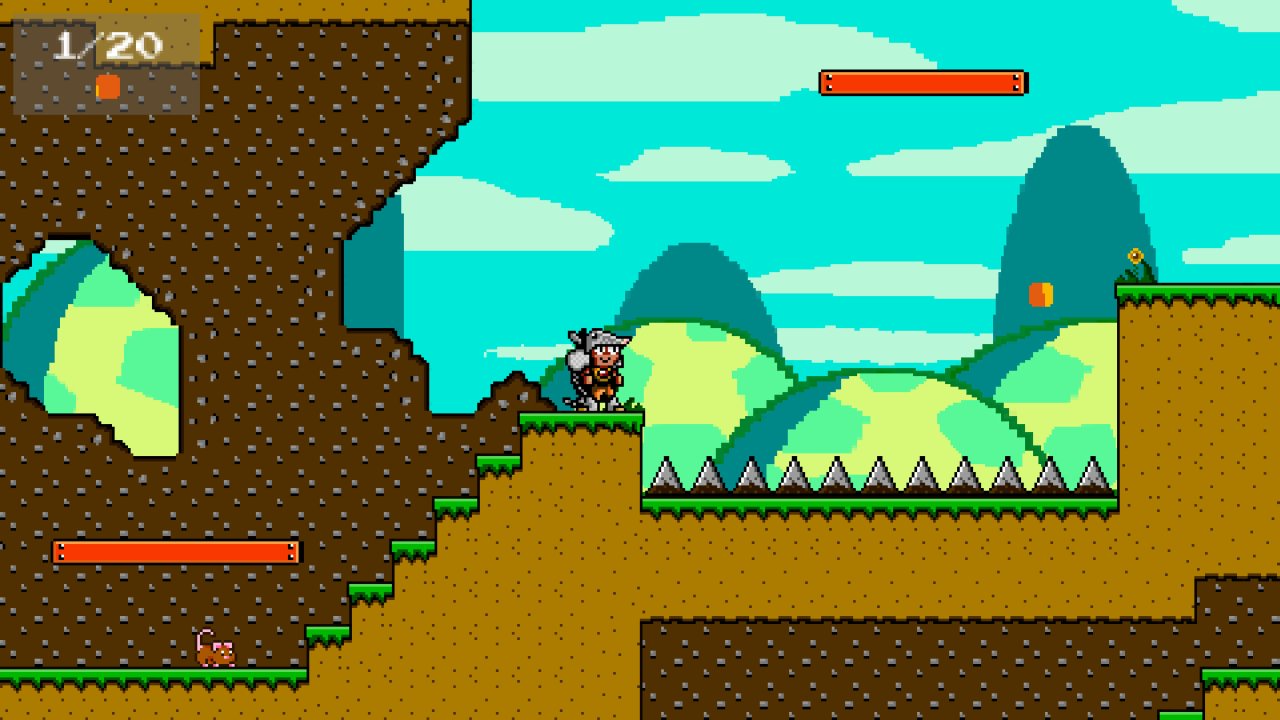If there’s one common characteristic of indie games I have grown to appreciate, it’s the central focus of simplicity and core gameplay over complexity and cinematic bloat. Many developers seem to stress an almost antithetical philosophy of no-nonsense, undiluted gameplay that often contrasts to their more theatrical “AAA” counterparts. These elements have in a sense contributed in dialing gaming back to its roots. They’ve likewise helped reopen avenues to a wider audience that many industry giants have seemingly lost touch with.
At the same time, the indie scene has become increasingly guilty of succumbing to one of its most prominent tropes that’s grown tiresome – retro gaming homages.
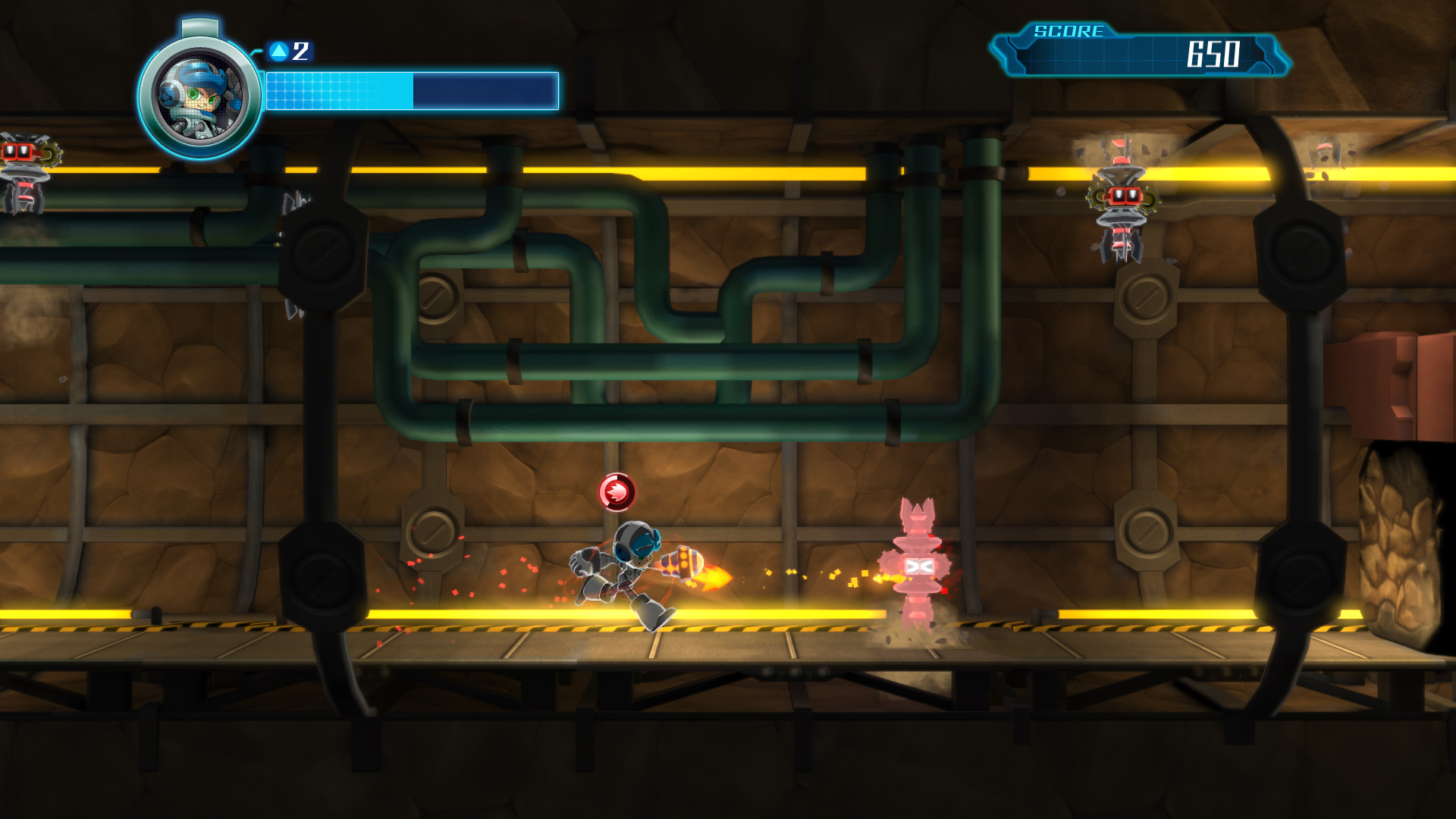
An ever increasing number of indie games have blatantly begun latching onto these cliches. Some have relied so heavily on retro nostalgia that it feels like the core experience takes a back seat. I mean, the Steam store even contains an entire sub-category of Pixel Art games. It’s truly taken on a life of its own; but is it a strong enough premise to stand on its own?
Oldschool Overload
You have titles like the underwhelming Mighty No. 9 or the lesser known BiT Evolution, for instance. While proving to be competent enough, they contain art styles and themes so overtly late 80’s that they feel more like cultural callbacks than stand-alone games. Then you have the Rougelike ADOM deluxe that embraces aggravating and off-putting components found in older PC adventure games with their one-and-done playthroughs and overly complex interfaces.
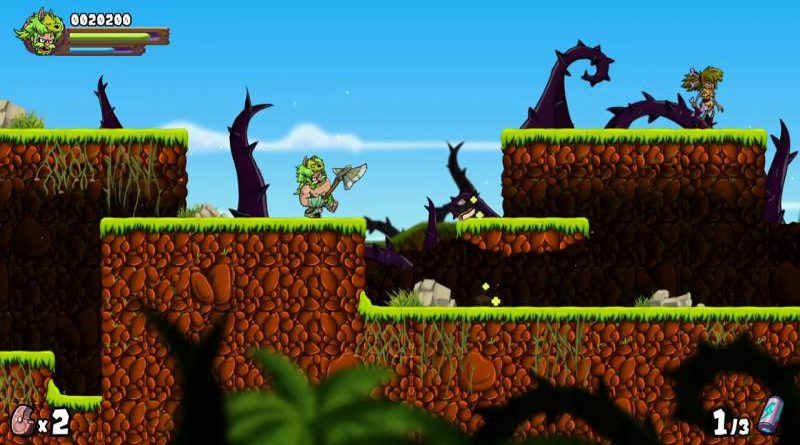
Or take a game like Caveman Warriors; an indie title I’ve recently completed. Games like this take frustrating oldschool mechanics like one-directional scrolling, janky physics, and enemy knockback and oddly seem to wear them like some kind of badge of honor. Much like pixel art, many of these elements were implemented solely because of technological limitations at the time. Yet now they’re ironically used more as selling points in an attempt to recapture that retro “feel”. At the end of the day, they often achieve little more than hindering the experience.
The Silver Lining
That’s not to say that any retro callbacks should inherently be deemed heresy. After all, some developers have certainly used these characteristics to their advantage. Yet these success stories tend to use oldschool qualities as a means to an end, rather than the end itself. Take a game like Feral Fury, for example. It feels fun and innovative, while tapping into the essence of what made top-down shooters of yesteryear so appealing. Or how about Faster Than Light by Subset Games? This title manages to capture the spirit of Oregon Trail while presenting it in a new and exciting way.
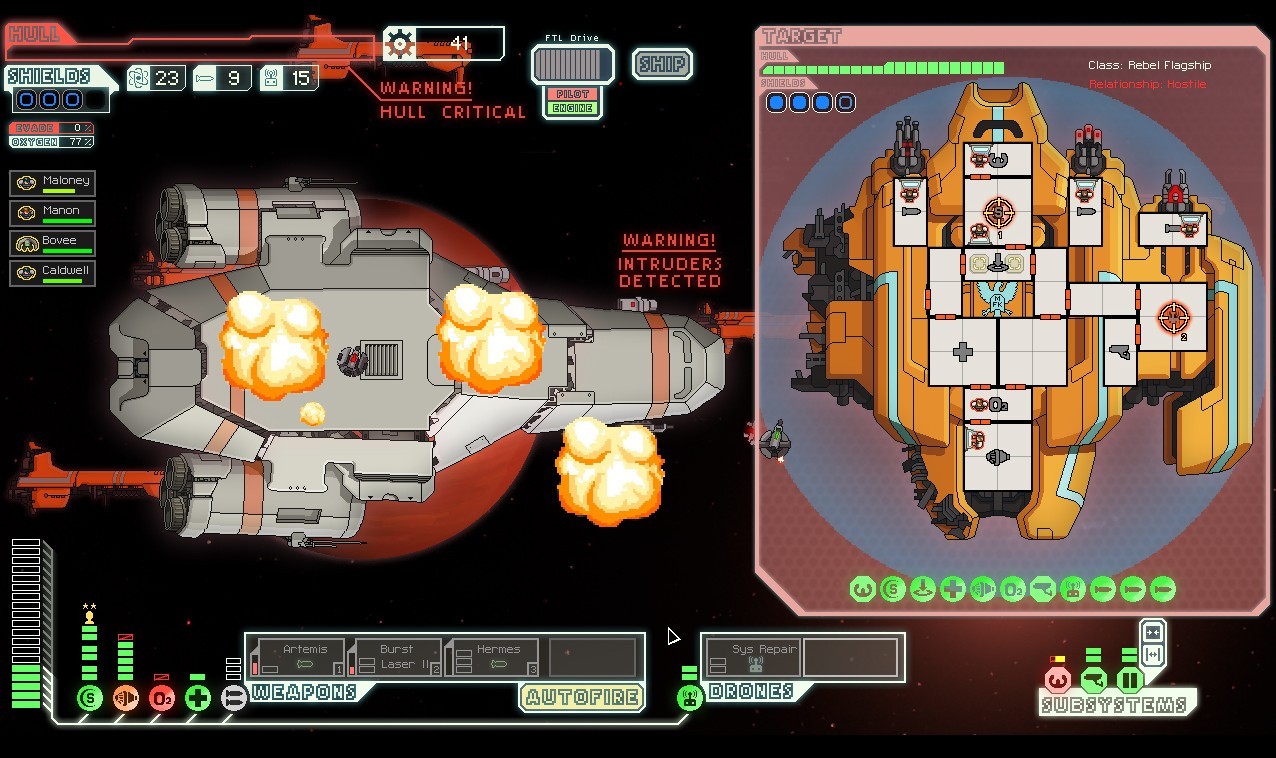
You’ve got Terraria, a game that runs with the “Metroidvania” formula and raises it to a new level. Then there’s quite possibly the Mac Daddy of indie games – Minecraft – which revels in oldschool “blocky” graphics, but uses them as a foundation and backdrop to create an epic sandbox experience. The retro thing certainly can be done right, but it’s a fine line; and it’s one that’s often been breached.
Innovation Over Renovation
What’s become apparent over time is that these oldschool gaming tropes have largely become the indie version of style over substance. There are examples of indies that capture the more magical elements of retro gaming to be sure. Yet these qualities have a habit of confining – and defining – many games rather than allowing them to flourish and breathe.
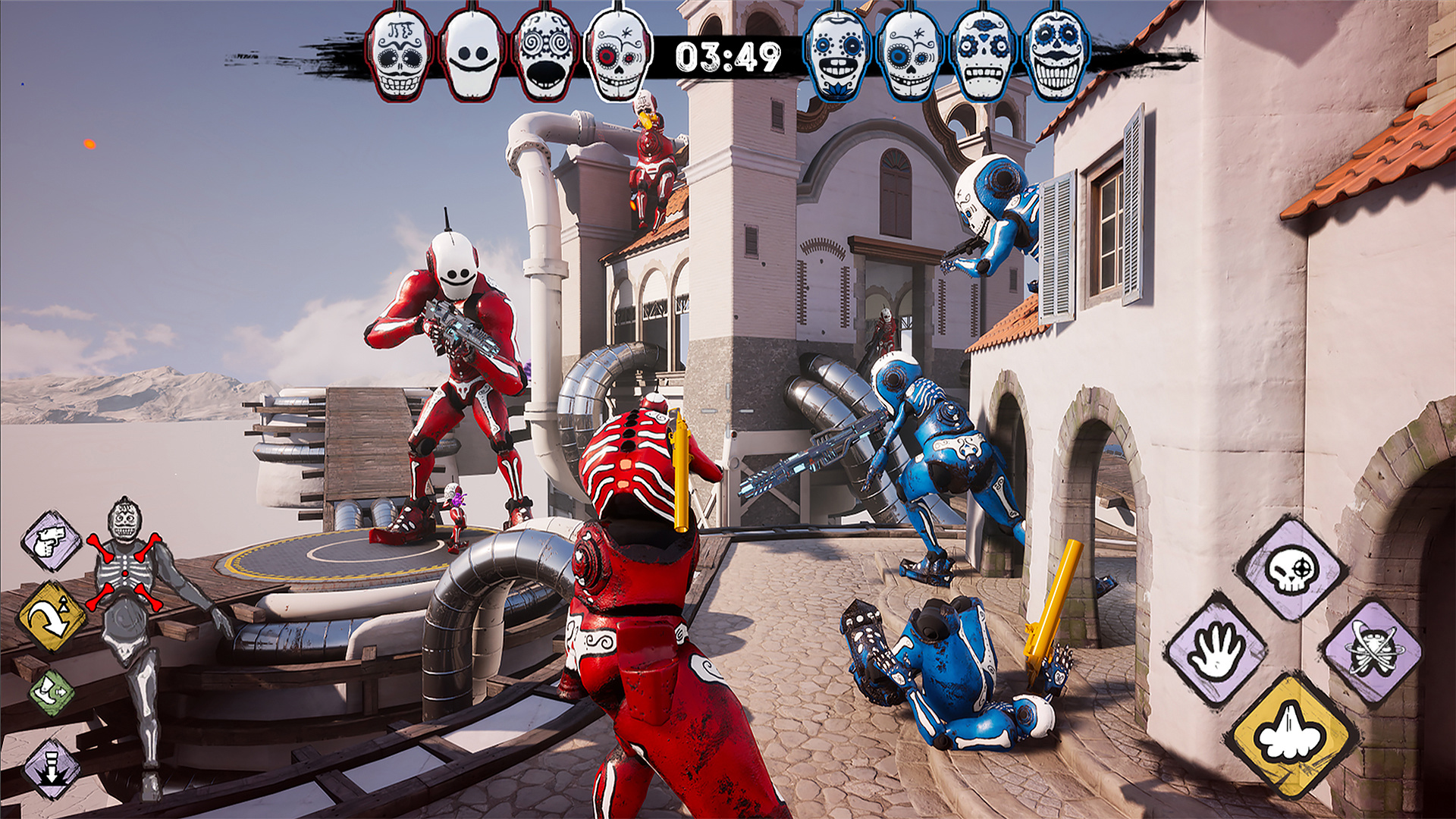
As we go forward, projects that will ultimately stand the test of time will be those that spearhead innovation. Whether utilizing a unique art style ala Limbo, or innovative concepts found in the likes of Inside or the upcoming Morphies Law; those that champion fresh and interesting ideas hold a greater chance at standing out and resonating with more people.
